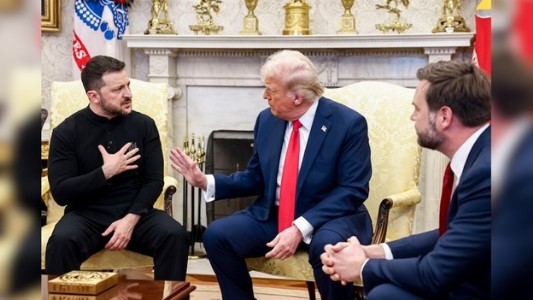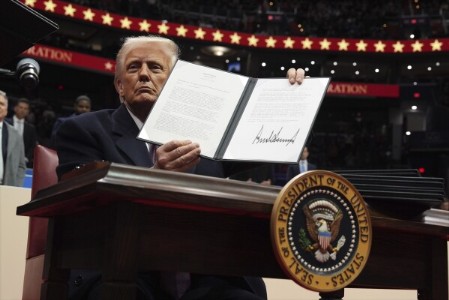Swami Vivekananda’s “My Faithful Goodwin”

Swami Vivekananda who took the west by storm due to his forceful defence of Hindu Dharma and Sanskriti at the World Parliament of Religions in Chicago is remembered for his speeches that give the message of self-esteem, peace, soul realization and purpose of life. All his speeches are available today to us because of one man called J. J. GGoodwin
A stenographer by profession Goodwin was born on September 20, 1870, in the United Kingdom. His father Joshua was also a stenographer and an editor. Goodwin too tried his luck with journalism for some time but gave it up as success seemed to evade him. He later migrated to the United States via Australia.
During his visit in 1895 to the US, Swami Vivekananda wanted a stenographer who would take notes of his speeches in a proper language and without mistakes. He tried many stenographers but only Goodwin could pass the test. He would write 200 words a minute with 99 percent accuracy, which was his forte. Before meeting the Swami, Goodwin had worked with a number of great orators and senior leaders. He was employed with a suitable remuneration.
As he started writing Swami Vivekananda’s speeches, he became a changed person. His heart underwent a sea change and he became an ardent follower of the Swami. He refused to take the remuneration and offered his services free of cost. He wrote to one of his friends that he was so engrossed in his (Swami’s) thoughts that he was least bothered about money. “I toured the entire world, met many great people, but I had never seen a great personality like Swami Vivekananda”, he confessed.
Like a faithful disciple Goodwin used to take care of Swami Vivekananda’s personal needs. He would take notes of his speeches in the shorthand and then type them neatly to dispatch them to the newspapers at home and abroad. Swamiji used to give two-three speeches a day as such Goodwin was left with no spare time for other works.
During 1895-96 Swami Vivekananda delivered speeches on Karmayoga, Bhaktiyoga, Gyanyoga and Rajyoga which later formed the basis for his most important treatises. Swamiji had said that these treatises would become the basis for his mission after his departure from this mortal world. Goodwin used to follow Swami Vivekananda like a shadow.
Swamiji used to get engrossed with his speech and many a times he would not remember or recollect what he had said during the speech or during the question-answer sessions. It was here Goodwin came to his rescue. He would show him the notes he had taken during his speech. Swami would praise him saying “Goodwin has done much for me. Without him I would be put to great difficulty.”
Goodwin accompanied Swami Vivekananda to London in 1896 April. He came to Kolkata with the Swami in January 1897. Goodwin used to sleep on floor and eat ‘dal-bhaat’ as per other inmates of the mutt. He visited Darjeeling, Almora, Jammu and Lahore. At Lahore he wrote the last speech of the Swami and later he came to Madras and engaged him with the Ramakrishna Mission work.
He contributed in the publication of ‘Brahmavadin’ magazine. But his health deteriorated in the hot, sultry climate of Chennai and he migrated to Ooty where at the age of 28 he breathed his last on June 2, 1898. Swami Vivekananda was in Almora then. When he received the news of Goodwin’s demise, he exclaimed, “I lost my right hand”. His memorial stands today at Ooty.
Goodwin used to describe his written material as ‘Atman’. He placed thousands of such papers in a small bag and sent them to his mother in the UK. But now there whereabouts are unknown.
Swami Vivekananda used to call him “My Faithful Goodwin” and how apt that was!






